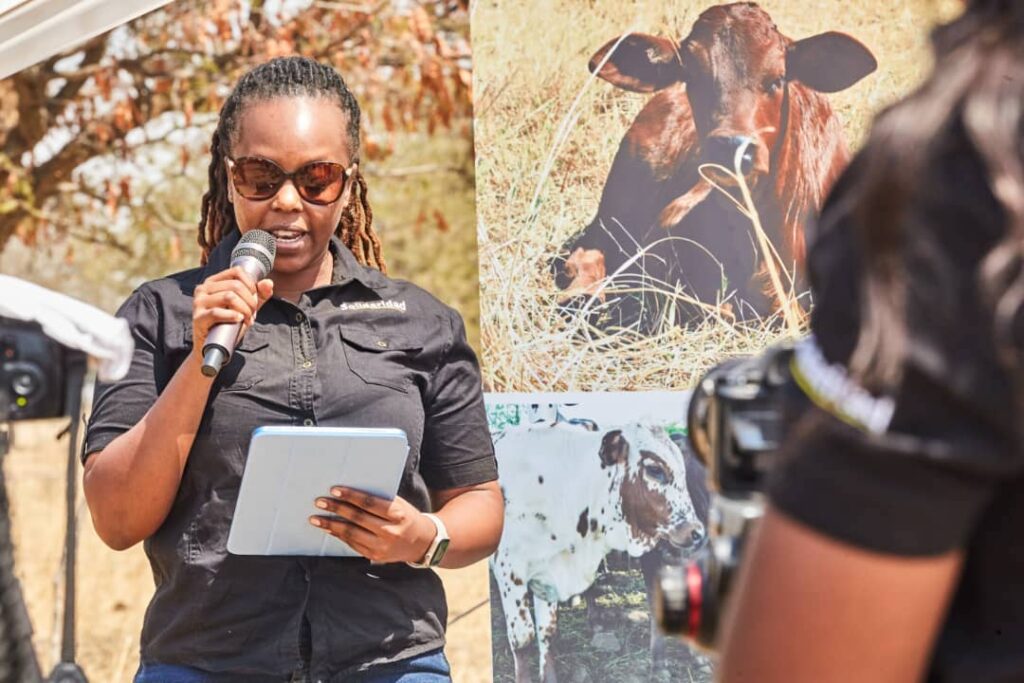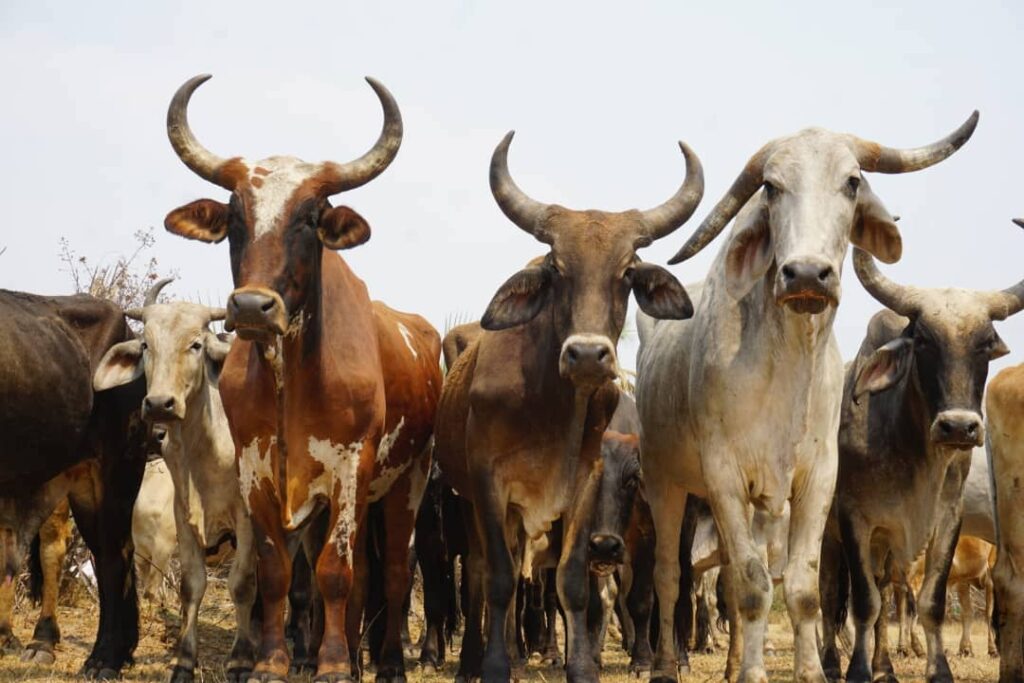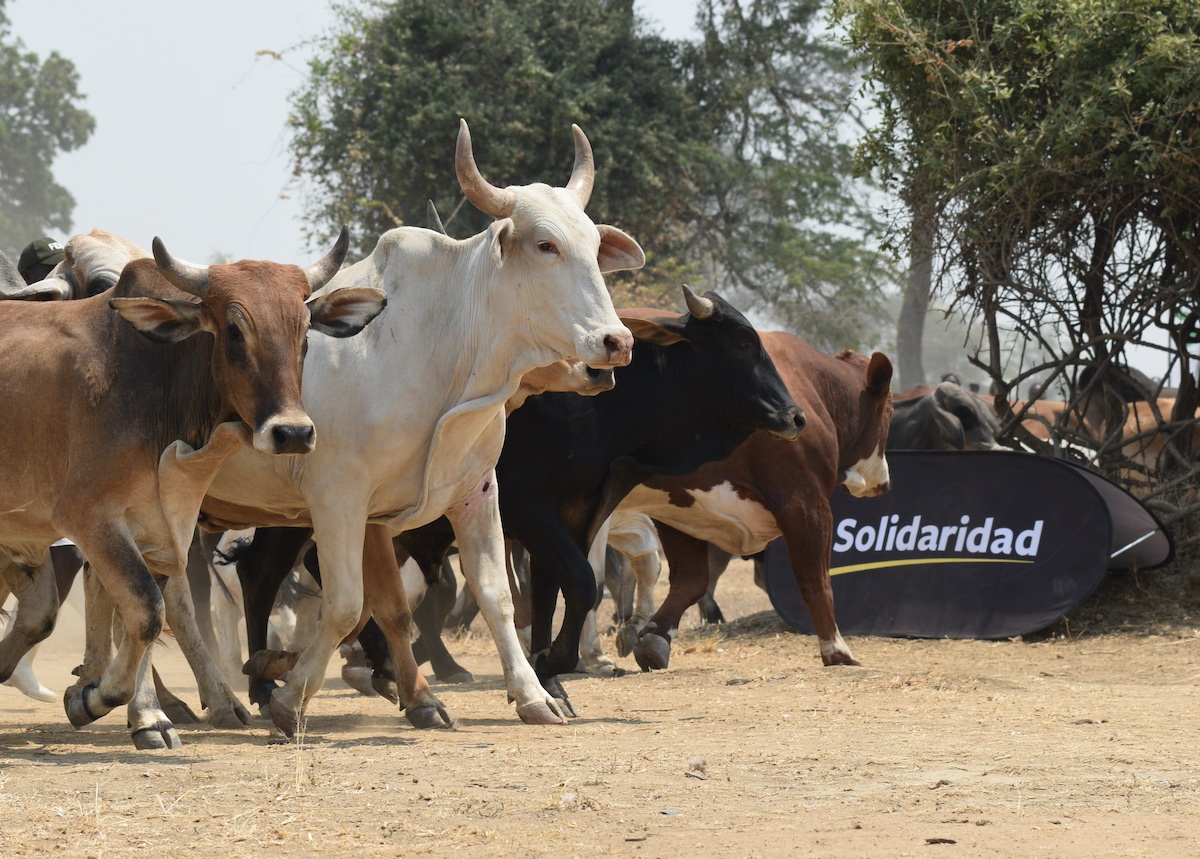Livestock production remains a key pillar of livelihoods, food security, and economic stability in Zambia and other parts of Southern Africa. Recognizing this, Solidaridad has been working with Zambian communities in Mazabuka, Monze, and Namwala through the Pathways to Prosperity (P2P) and Leather and Hooves for Sustainability (H4S) projects to ensure holistic livestock management, sustainable leather production, rangeland restoration, and economic empowerment.
“Livestock plays a critical role in Zambia’s economy and food systems. Unlike in some parts of the world where numbers are declining, here, it remains a pillar of resilience and prosperity,” said Sheila Garakara, Solidaridad Country Manager, Zambia.
“Through our initiatives, we are ensuring that livestock farming is not only productive but also sustainable for future generations.”

Community-driven sustainability
A core focus of the projects is community ownership and leadership in managing natural resources and rangelands. Community Natural Resource Committees have been established, working closely with traditional leaders to enforce sustainable grazing practices.
By implementing climate-smart livestock management, farmers have transitioned from burning grass and cutting down trees to sustainable grazing methods, increasing forage availability and improving livestock health. This shift has already led to an 85 percent calving success rate from 2021 to date.
Environmental protection through regenerative practices
Beyond improving livestock productivity, the initiative is restoring degraded grazing lands. Rotational grazing and water conservation techniques are helping reverse soil degradation and protect water sources in the Lower Kafue sub-basin.
“Sustainability in livestock farming is about balance,” said Pamidzai Bota, Regional Programme Manager.
“By integrating community knowledge with regenerative practices, we are restoring grazing lands while increasing livestock productivity. This ensures farmers benefit economically while protecting the environment.”

Economic growth and infrastructure development
Farmers are also actively co-investing in local infrastructure, such as dam weirs and market centers, providing labor and materials, while Solidaridad supports additional resources. These developments are boosting economic activity and ensuring long-term resilience for the sector.
The success of these projects highlights the power of community-led, regenerative livestock management. Solidaridad remains committed to expanding these initiatives to ensure climate resilience, economic empowerment, and food security for Zambia’s livestock farmers.
Interested in learning more about our work in Southern Africa? Click here.

